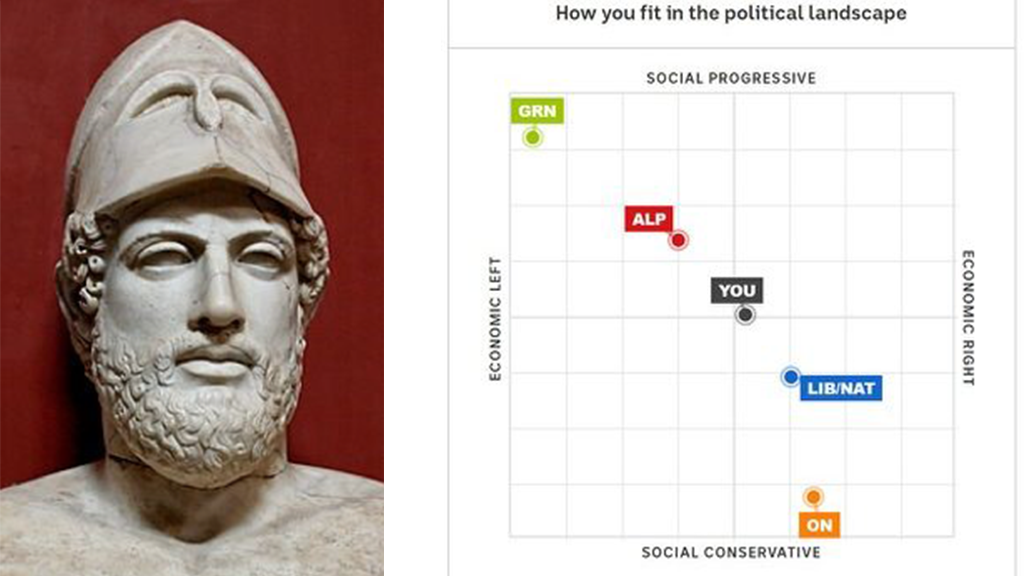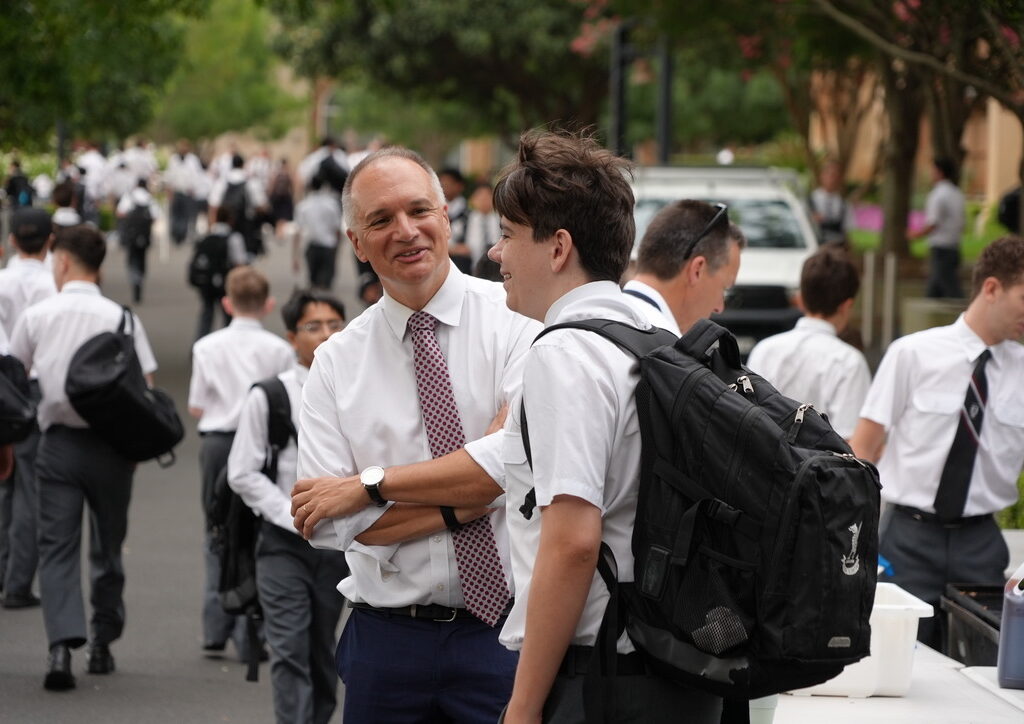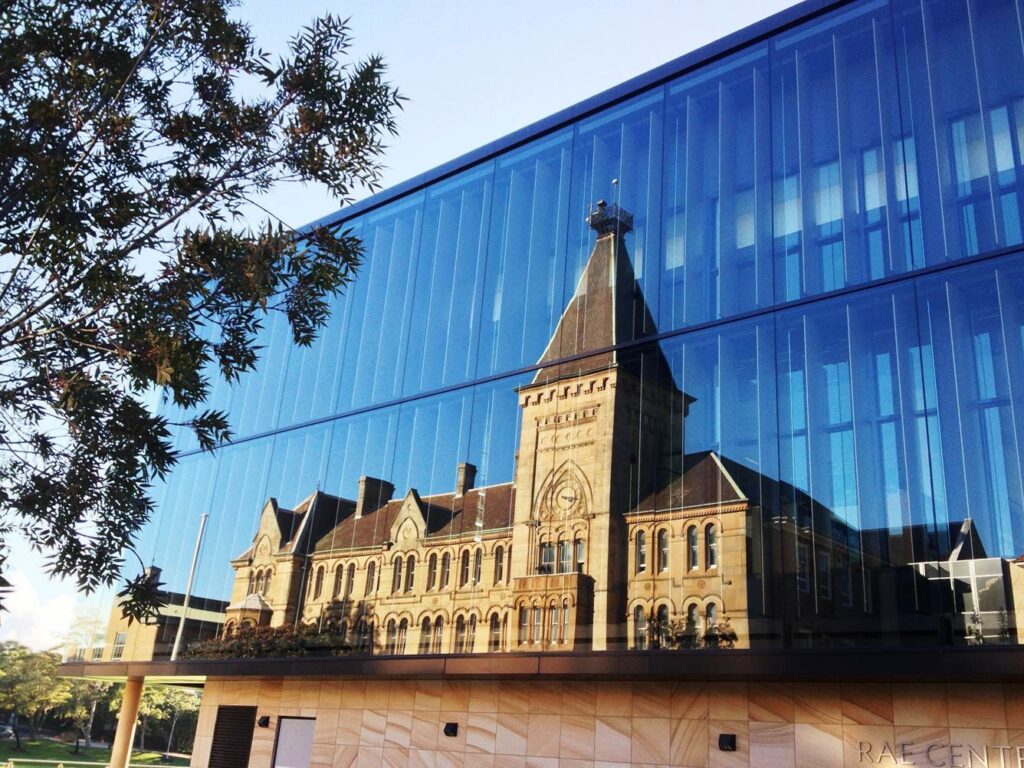The election and your son
For middle-aged parents like us, elections can easily feel like a triennial duty, providing another Prime Minister for the next term – or perhaps several. But I think this landscape can be brighter for our kids. It would be great for them to feel optimism – even excitement – about the chance to make a difference in the years to come through what they do at the ballot box, and ideally have ideas of their own about what we are doing wrong and how they could do it better.
I think you can help them with that in the next week or so.
I believe our kids should feel that voting and having some idea of what they are voting about is a fundamental civic privilege and responsibility. Aristotle wrote that one of the three elements of a flourishing life was ‘life as a free and responsible citizen’. Much sterner were the words of Pericles, who said ‘We do not say that a man who takes no interest in politics is a man who minds his own business; we say that he has no business here at all’. (The bust of Pericles below shows just how severe he could be!)
While I’m glad Pericles does not work at Newington and would not like to see people with no interest in politics expelled from Australia, his words do underscore how seriously those ancient Athenians took their democracy.
In the several thousand years since, not many people have had the good fortune to live in a real democracy. Quite a few people have died, sometimes terribly, in order to try to get us where we are today. We, and our kids, got lucky when we were born in a time and place where we can take democracy for granted.
After the convulsive few years of democracy in the US and the rise of non-democratic superpowers in the world, we are reminded that democracy is not quite as much of a foregone conclusion for the future as we thought.

A great way to talk with your kids about the election is to take the ABC’s Vote Compass together. This tool asks you about 20 questions on political issues, then ‘plots’ you on a grid based on your social and economic ideas.
This has two real benefits. Firstly, the questions ask about about climate, immigration, casual work rates etc, and these can provide a springboard for introducing and discussing these issues with your kids. Secondly, it means your kids can work out where they stand politically without being distracted by images of the current leaders or beaten-up headlines. Of course, political views can change over a lifetime but this will get them thinking.
You could also use political issues to ask big questions about how a society should run. ‘Would you rather’ questions often work well, such as:
- Would you rather everyone worked without pay for a society that provides for them OR worked for themselves and paid no tax at all?
- Would you rather triple OR cut out our refugee intake?
- Would you rather give every parent a $14,000 voucher each year for the education of their child OR insist everyone go to a Government school?
By cutting out the middle ground, you can stir up a discussion. Or, of course, you can simply ask what they think about some of the questions on the compass.
For the last eight or so elections I have always taught my tutor group ‘the issues of the election’ and have taken pride in the fact that at the end of these lessons, my students had no idea how I would vote. While kids can often work out their parents’ political stripes, it would be great to think these conversations could become arenas for exploration, not one-way advice.
Questions about how we want our societies to run and what matters to us politically are great things to tackle at the dinner table, and I hope you are able to do it in your family without choking on the peas.
Good luck.
Mr Michael Parker
Headmaster



